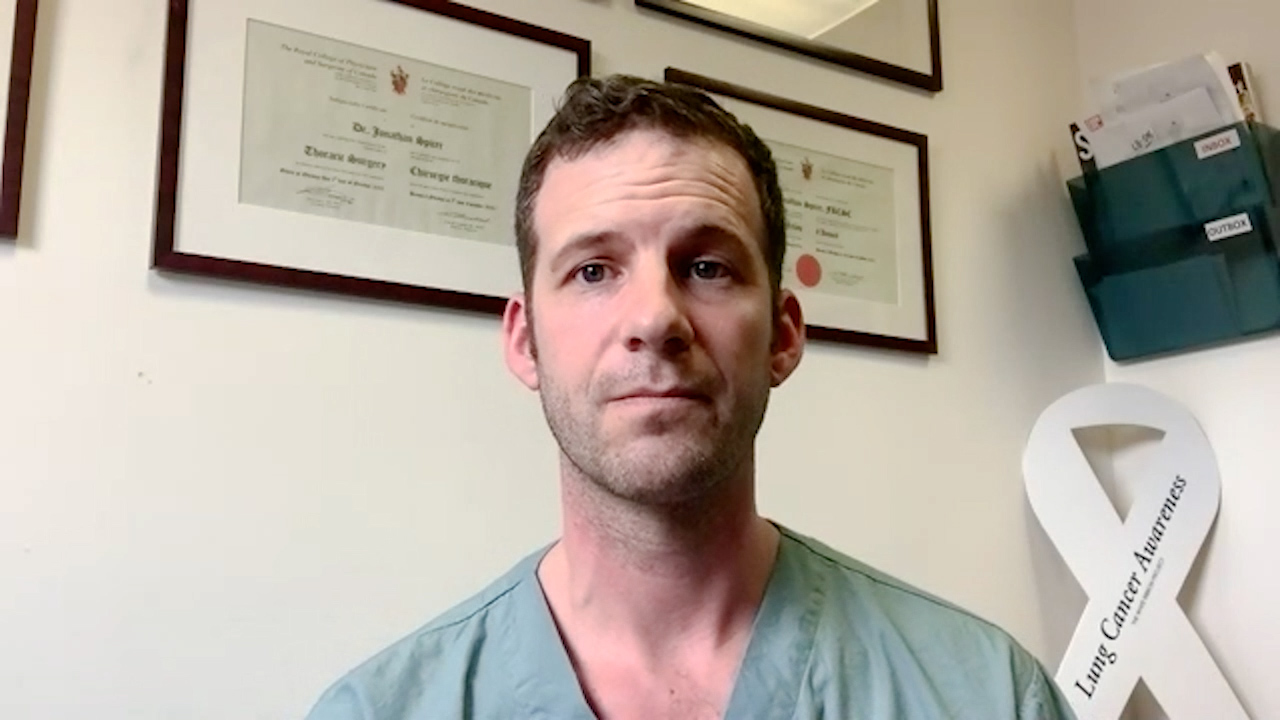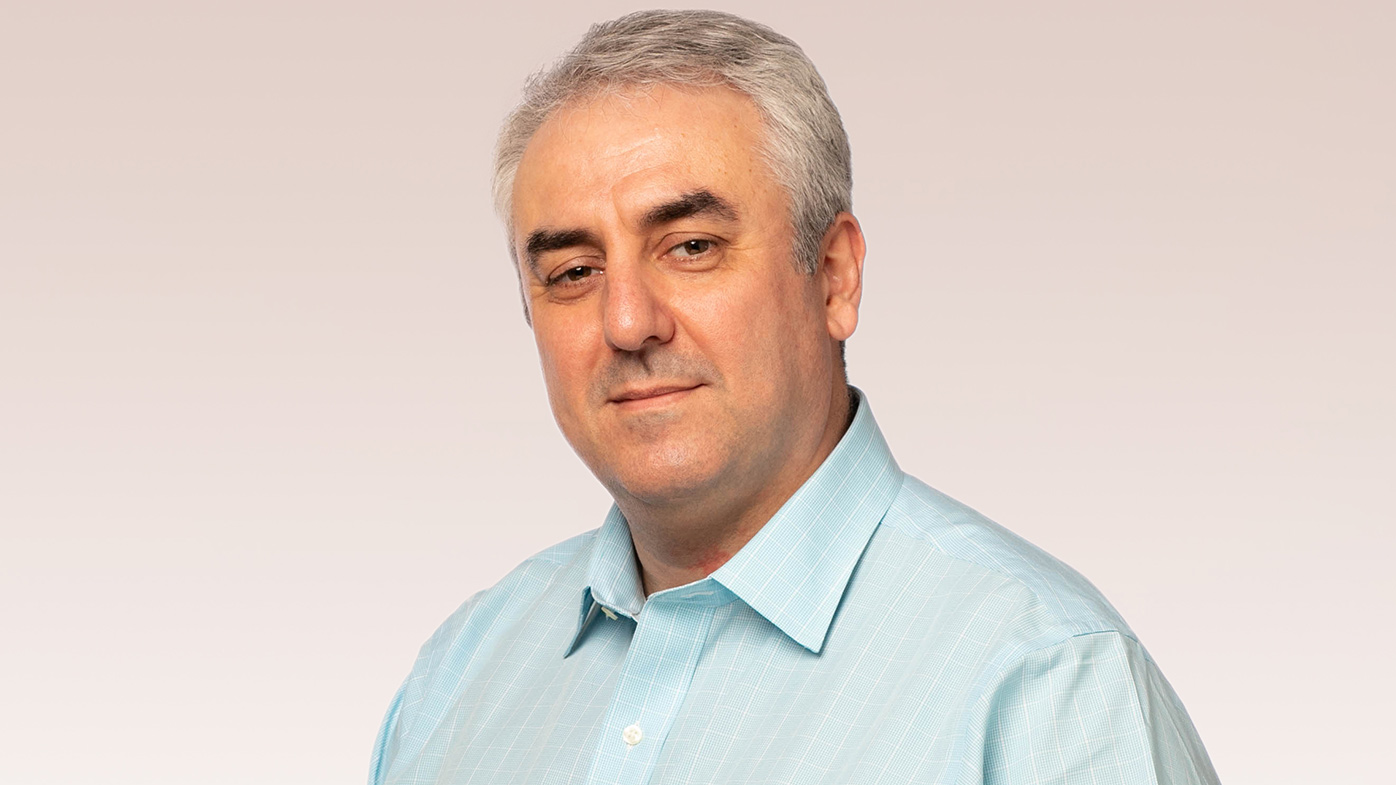Disrupting the course of cancer with immunotherapy
Though earlier-stage cancers generally have better prognoses, recurrence often marks the transition to incurable disease and represents a life-altering event for patients. That raises an important question for researchers: what can be done in addition to surgery, to reduce the chance of recurrence?
One strategy that BMS is investigating is the use of immunotherapy, which works with the body’s immune system to help address cancer. Immunotherapy research started in the metastatic setting, where there was the most immediate need to extend lives.
Now, BMS hopes to build on this progress by exploring the potential benefits of bringing immunotherapy into the neoadjuvant (before surgery), adjuvant (after surgery) and peri-operative (both before and after surgery) settings. The science of cancer and the immune system supports this effort.
In earlier stages, cancer may be more responsive to treatment and the patient’s immune system may be more intact, potentially presenting a more favorable environment for treatment with immunotherapy. Removal of a tumor with surgery along with the appropriate use of systemic therapy may provide an opportunity for long-term clinical benefit and potentially a cure.
This insight is important to physicians like Professor Girard, who is eager to help his patients achieve better outcomes.
“The ultimate goal of treatment, whether treatment is given in the neoadjuvant, adjuvant or peri-operative setting, is to prevent recurrence. In other words, our aim is to improve survival rates and long-term outcomes for patients,” he said.
In the past few years, there have been noteworthy advances in research evaluating immunotherapy in earlier stages of cancer. The next step? According to Professor Girard, further studies should prioritize identifying which patients may respond best to immunotherapy in earlier disease settings by analyzing biomarkers and their interactions with the immune system.








